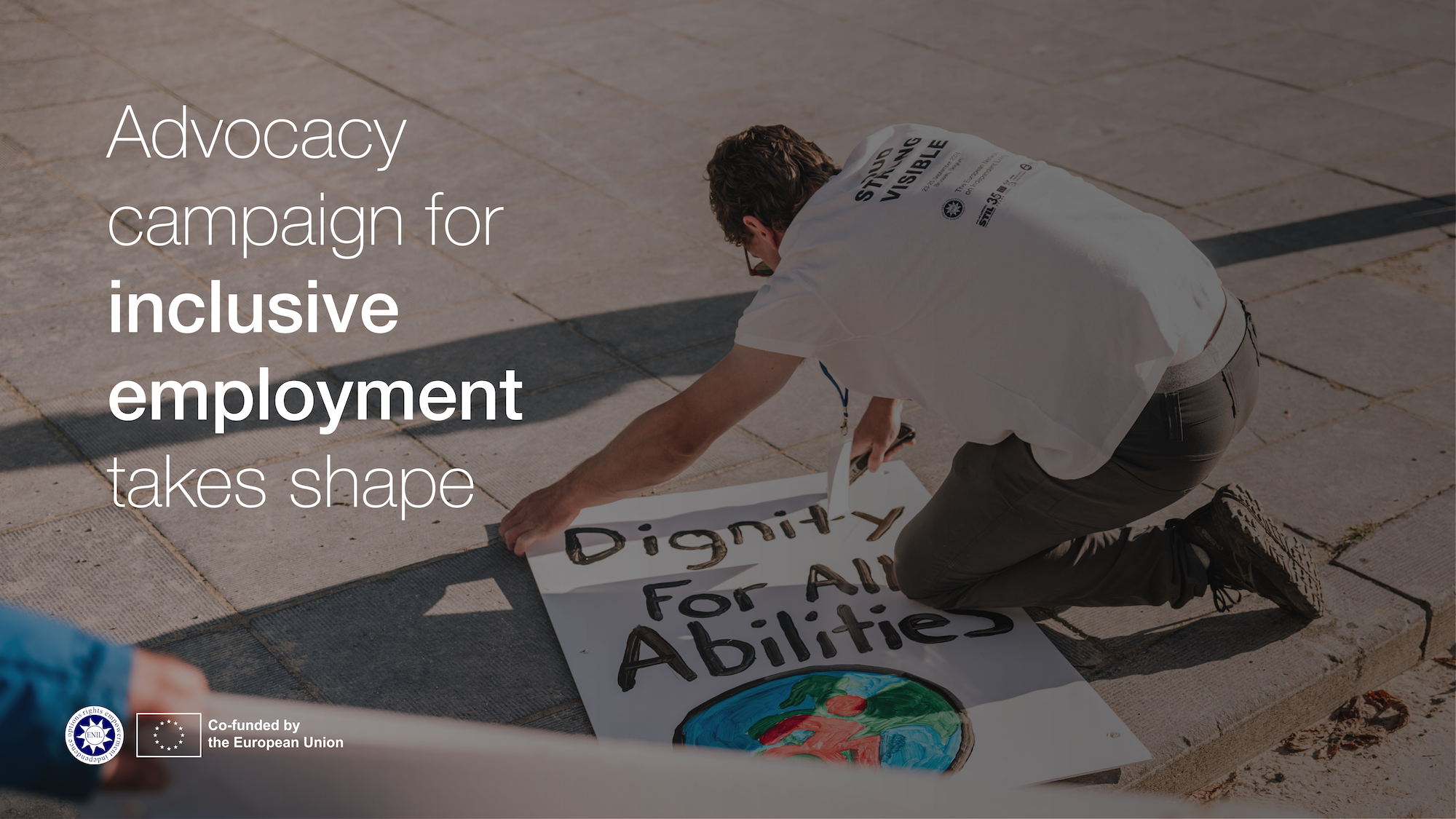In a landmark ruling of 25 July 2018, the European Court of Justice (ECJ) has concluded that the Finnish municipality of Espoo must award personal assistance to a Finnish national pursuing a law degree in Tallinn, Estonia, as EU citizens cannot be denied their right to freedom of movement.
The appellant was originally denied personal assistance by their home municipality of Espoo on the basis that studying in a foreign country meant he could no longer be considered a habitual resident, meaning the municipality is not obliged to provide personal assistance services. The Supreme Administrative Court of Finland has reversed the municipality’s decision and found that the appellant remains a resident of the municipality.
The ECJ ruling, requested by the Supreme Administrative Court of Finland, quotes Article 19 of the UN Convention on the Rights of Persons with Disabilities. Under Article 19, States Parties must ensure that persons with disabilities have access to a range of in-home, residential and other community support services, including personal assistance necessary to support living and inclusion in the community, and to prevent isolation or segregation from the community.
In paragraphs 65 and 66, the ruling states that “it is undisputed that the personal assistance at issue in the main proceedings was refused solely because the course of higher education that A –– who was otherwise eligible for that assistance –– was intending to follow took place in a Member State other than Finland”,and goes on to establish that“such a refusal must be regarded as a restriction on the freedom to move and reside within the territory of the Member States, which Article 21(1) TFEU affords to every citizen of the Union”.
One seemingly significant caveat, however, remains. According to the ruling, the appellant plans to return to Finland every weekend. This, according to the ECJ, defeats the argument that monitoring compliance with legislation on personal assistance may prove particularly difficult (para 73). The court particularly refers to Estonia as a ”neighbouring region” and states that it is not substantially more difficult to monitor compliance, than it would be if the applicant were travelling on business or vacation, in which case personal assistance is provided (para 75). Given that much of the ruling is centered around the fact that the appellant will continue to make frequent visits to his home municipality, it is unclear from the ruling what is to be done in situations where such frequent visits are not possible.
Nevertheless, ENIL welcomes this ruling, which we consider a major victory for disabled students across the EU, with potentially significant implications in our battle for the freedom of movement for disabled people in the EU.
Read the ruling here.
[Photo shows the buildings of the European Court of Justice. Source: Court of Justice of the European Union]

